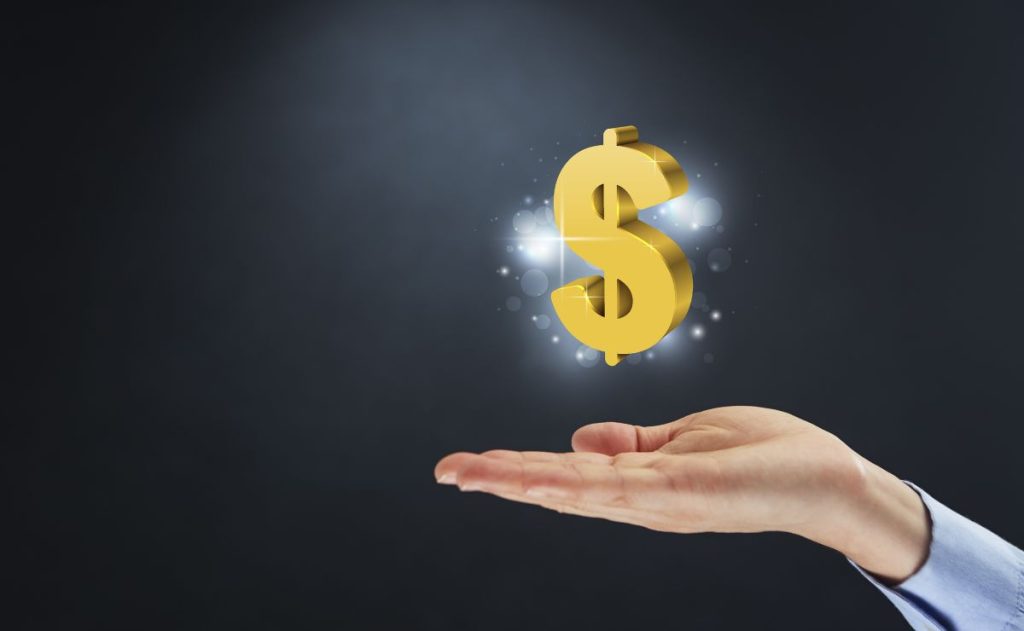The payment is scheduled for July 1 and will be worth $250. It will be for 200 out of the 400 recipients of the Newark Movement for Economic Equity program.
To uplift and support those in need, the Newark mayor’s press secretary revealed that the payment system for recipients has been thoughtfully designed. Half of the recipients will receive smaller payments bi-monthly, while the other half will receive larger payments once every six months. This initiative aims to provide stability and assistance to individuals and families facing economic hardships.
How Newark’s Philanthropic Program Saved Families from Eviction and Desperation
According to Kevin Callaghan, the philanthropic liaison of Newark, this Stimulus Check program has made a significant impact on the community. It has helped prevent evictions, aided in the recovery of residents who faced COVID-related hospitalizations, and offered vital funds to stabilize families during times of great economic turmoil. The program has been instrumental in providing necessities and even ensuring that children have proper clothing.
Newark’s Stimulus Check Program Gives Families a Second Chance at Stability
To be eligible for this program, applicants must be at least 18 years old and have an income that falls 200% below the federal poverty income threshold. It’s important to note that all recipients were chosen randomly, ensuring fairness and equal opportunity for those in need, you can read more here: https://newarkequity.org/frequently-asked-questions/
The payment schedule is organized to cater to the different groups of recipients. Individuals receiving smaller payments will receive them twice a month, precisely on the first and fifteenth day of each month. On the other hand, those receiving larger payments will receive them only twice a year, in the months of May and October.
Kevin Callaghan further explains that the impact of these payments extends beyond financial transactions. Approximately 41% of the program’s participants utilize their payments at retail stores, purchasing clothing, food, and other essential items. Another 26% choose to spend their funds at grocery stores, meeting their dietary needs. Additionally, 10% allocate their funds towards housing and utilities, ensuring stability in their living situations. Transportation and car expenses account for 9% of the expenditures.
Formal results from the program will be shared in 2024 by the Center for Guaranteed Income Research at the University of Pennsylvania, the program’s research partner. Participants actively contribute to the program’s evaluation by completing detailed surveys twice a year. These surveys assess various aspects such as physical and mental health, financial security, and housing stability. The comprehensive feedback helps shape and enhance the program’s effectiveness in supporting individuals and families in need.
Through the thoughtful distribution of payments and comprehensive evaluation, this initiative is transforming lives, fostering stability, and providing essential resources to those facing adversity.
